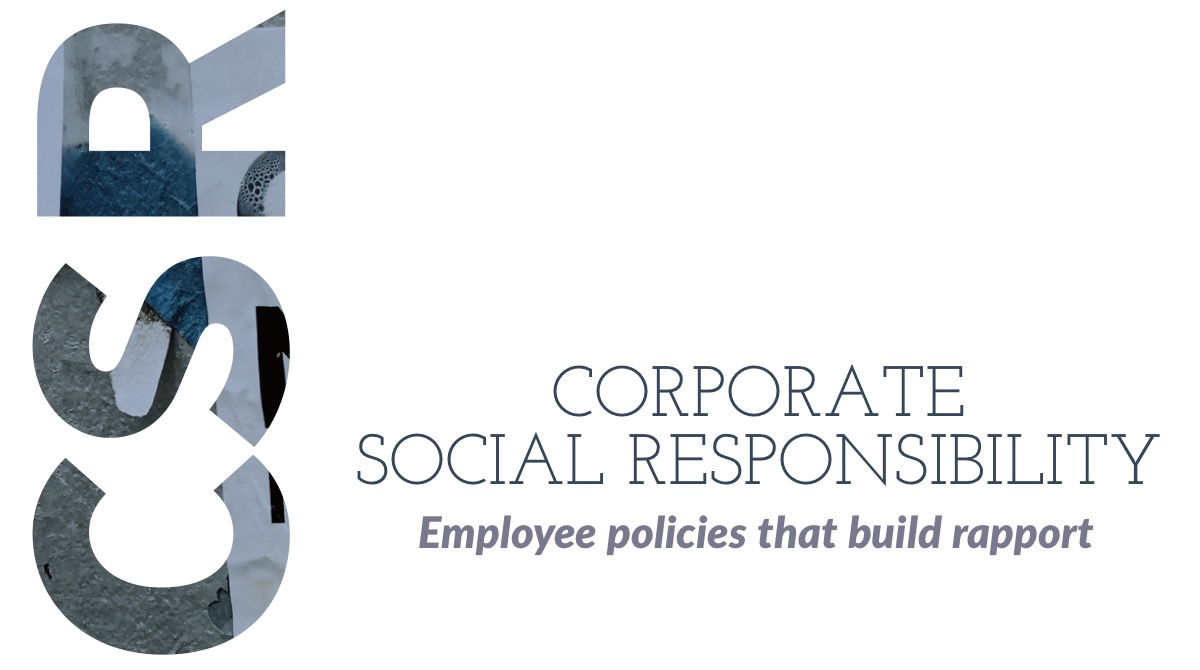Employee policies that build rapport
THIS BLOG POST ORIGINALLY RAN ON THE GREATER MEMPHIS CHAMBER WEBSITE. VIEW THE ORIGINAL POST HERE.
As we mentioned in our first post of this series, a business’s employees are its most valuable asset. As such, employers should work diligently to create policies that build up employees as individuals and a vital member of the team, promote teamwork and connect management to the staff. Policies that impact employee happiness and wellness are an enormous component of a company’s culture, and can be decision making factors when a business seeks to recruit and retain top talent.
What do employees expect?
Ultimately, your employees expect you to recognize that they have a life outside of the office. Employees, for the most part, no longer operate with their heads down and mouths shut, punching the clock at 6 p.m. with sweat on their brow. Offices are lively and full of personal banter, as technology has allowed us to connect and share personal tidbits with our office mates in ways the Don Drapers of the past would have dreaded.
Similarly, employees expect employers to recognize that their job is important, but there are times where life gets in the way. Policies that allow leniency for employees within reason are popular and appreciated.
What employee policies move the needle?
Policies that build rapport between managers and their teams are centered around listening. When managers listen and pay attention to the lives of their employees, they can integrate personal understanding into the workplace. Taking small amounts of time to acknowledge birthdays, work anniversaries and personal accomplishments (engagements, running a marathon, etc.) in the office can go a long way.
Policies that allow employees to foster relationships are also helpful. Carving out time for a monthly happy hour or scheduling midweek team lunches help employees build friendships and can create a more cohesive team. These events can be especially helpful when integrating new employees. Stronger bonds between employees help boost morale and increase employee retention. Incorporating philanthropic efforts can also build team rapport. When people work together to support a cause, a mutual connection is formed.
Corporate America has recently placed an emphasis on wellness initiatives, and corporate policies that support this trend are well received among employees. Offering standing desks for free, allowing time to exercise during work hours, allowing work-from-home sick days or paying a portion of employee gym memberships are a few ways to demonstrate that you care about your employees’ wellbeing. For organizations that provide health insurance, these programs can often fall in line with wellness programs that are incentivized by your insurance provider.
Challenges with employee policies
Enacting employee policies are not always easy. One of the major challenges in implementing these policies is overcoming the negative employee in your office. Anytime change is made, there is likely to be pushback, and when the change is a new work-sponsored event, the mood can be dampened by one disgruntled employee. This is where listening is very important. You can overcome one person’s negative sentiment if everyone else is incredibly positive. Make sure your policies will excite the majority of your office.
Finally, you’ll want to ensure you’re keeping tabs on sentiment and mixing things up. Over time, your employee base will naturally change, and events you did five years ago no longer connect with your new team. Be cognizant of these changes and work to constantly adjust your employee policies.



